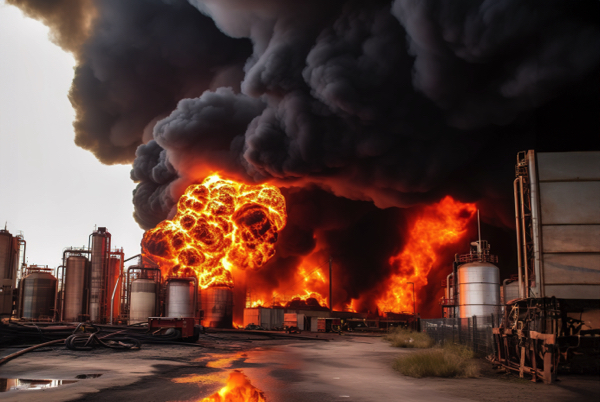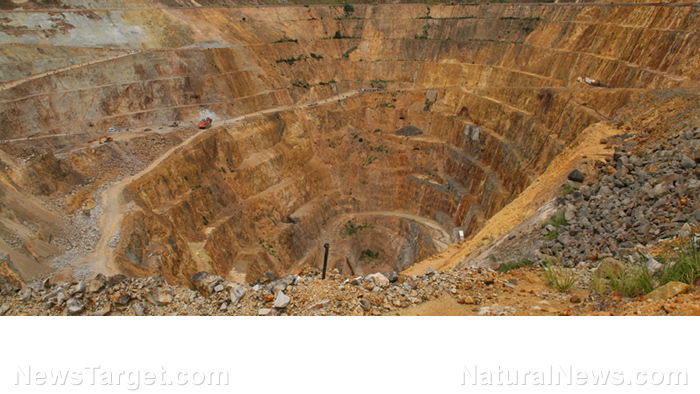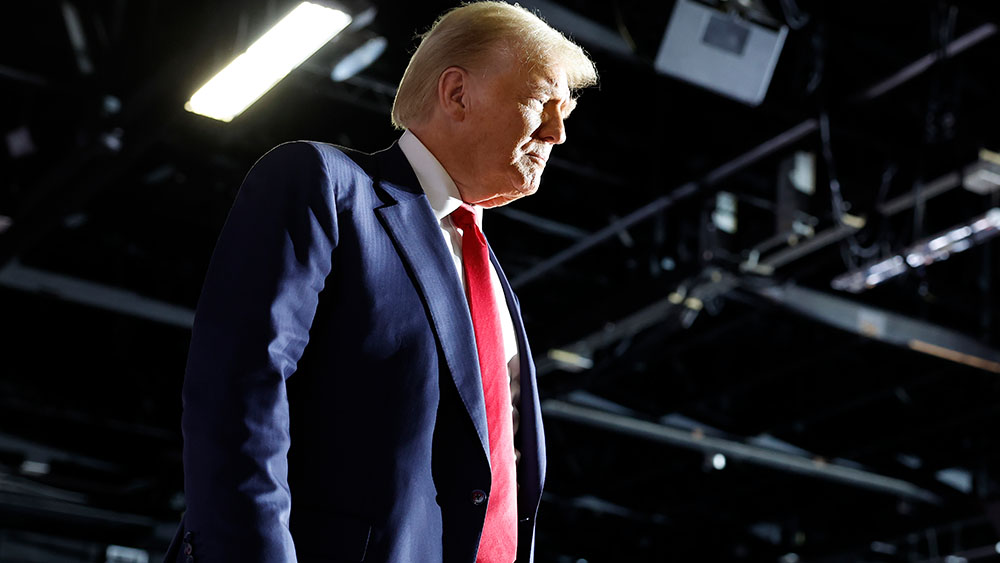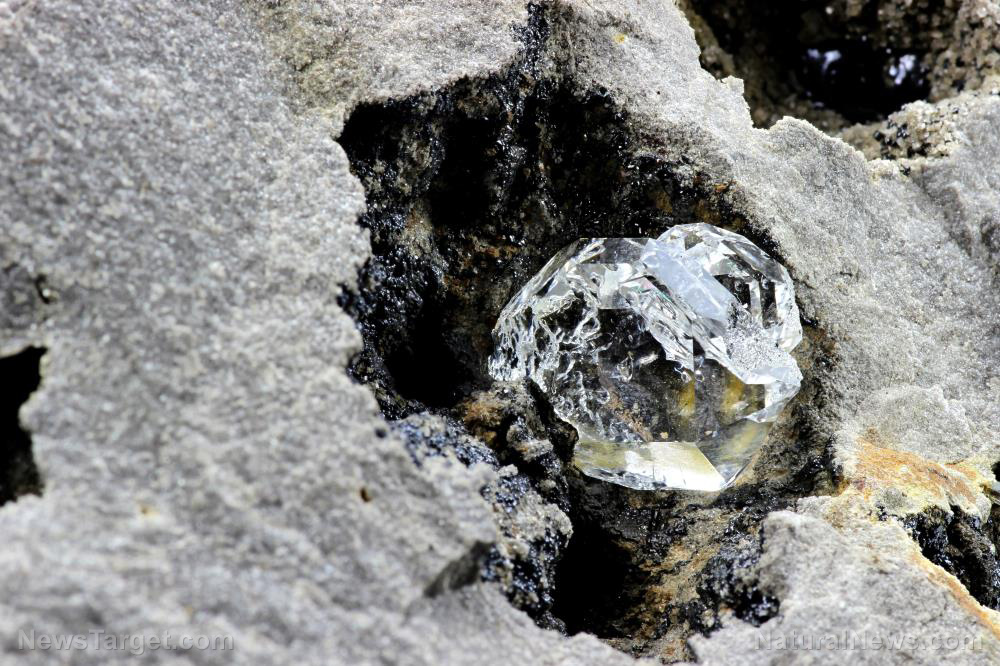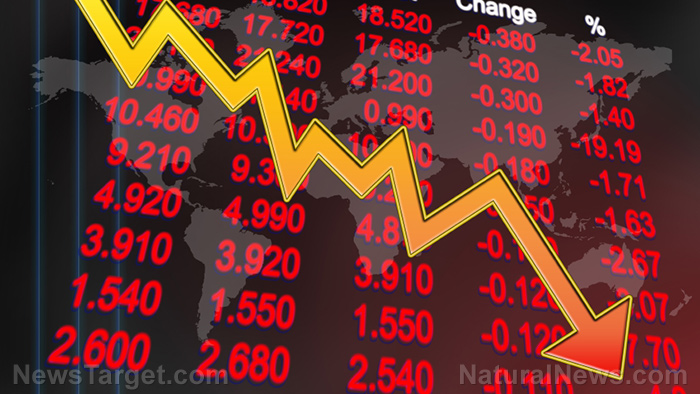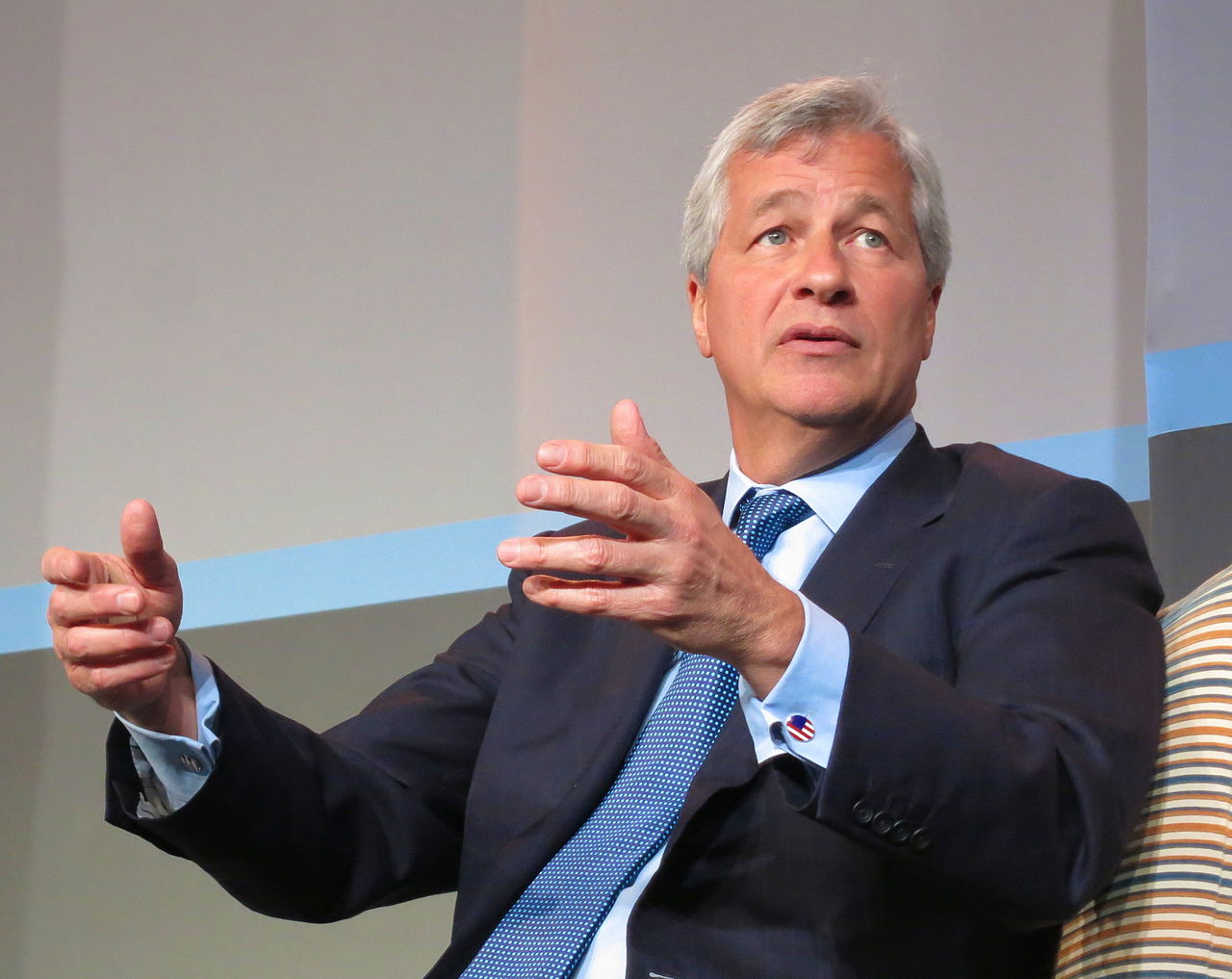South African minister calls for MINERAL BOYCOTT in response to U.S. aid cuts
02/07/2025 / By Willow Tohi
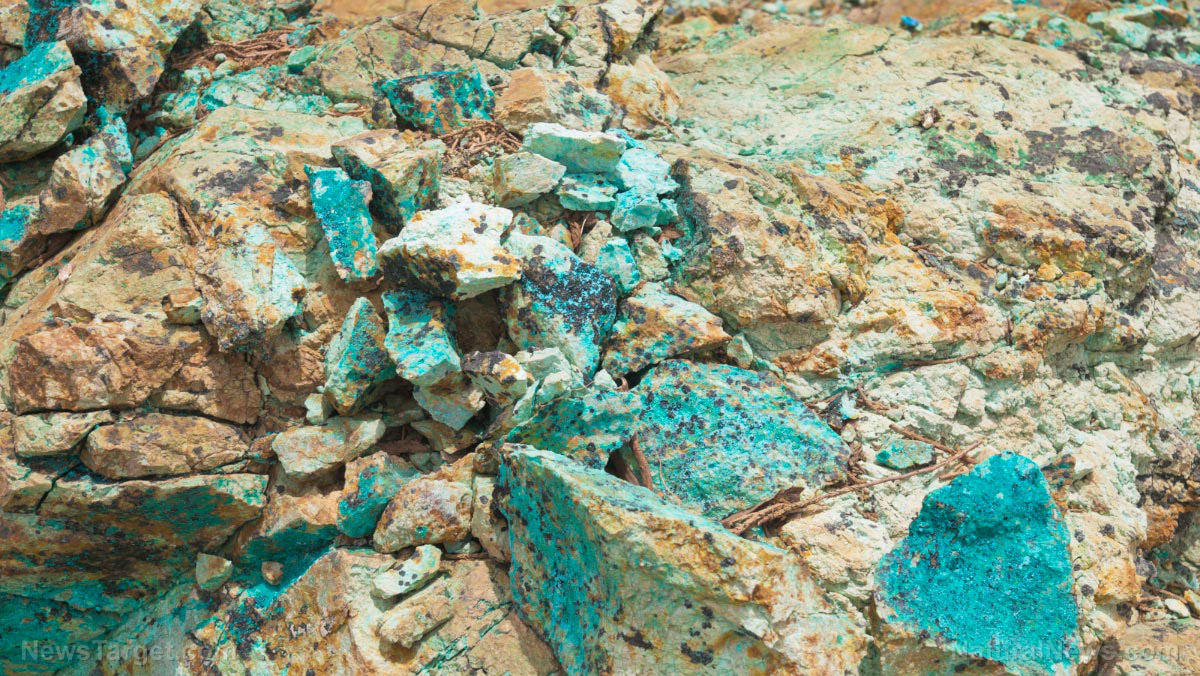
- South Africa’s Minister of Mineral and Petroleum Resources Gwede Mantashe calls for African nations to withhold mineral exports to the U.S. in response to President Trump’s decision to cut aid over land expropriation policies.
- The conflict stems from South Africa’s Expropriation Bill, which allows the government to seize land without compensation under certain conditions, aiming to address racial and economic disparities.
- South Africa holds significant reserves of crucial minerals for U.S. industries, including technology and defense, making the potential boycott a significant challenge for U.S. interests.
- President Ramaphosa emphasizes South Africa’s commitment to the rule of law and seeks to clarify land reform policy with Trump, while the U.S. remains skeptical of the policy’s implementation.
- The standoff highlights the complex dynamics of U.S.-Africa relations, with implications for the global mineral market, international trade and geopolitics.
South Africa’s Minister of Mineral and Petroleum Resources Gwede Mantashe has called on African nations to withhold mineral exports to the United States. The announcement, made at the Investing in African Mining Indaba conference in Cape Town, comes in the wake of U.S. President Donald Trump’s decision to cut all future aid to South Africa over its land expropriation policies.
A stand against U.S. pressure
Mantashe’s statement was a direct response to Trump’s recent post on Truth Social, where he accused South Africa of “confiscating land” and “treating certain classes of people VERY BADLY.” Trump threatened to cut off all future funding to South Africa until a full investigation into the situation is completed. The U.S. has set aside nearly $440 million in assistance to South Africa for 2023, a significant sum that includes crucial funding for HIV/AIDS programs.
“Let us withhold minerals to the U.S.,” Mantashe declared. “If they don’t give us money, let’s not give them minerals… we are not just beggars, let us use that endowment for our benefit… If as a continent we are [paralysed] with fear, we are going to collapse, but with minerals at our doorstep.”
Land reform and apartheid legacy
The clash between the U.S. and South Africa is rooted in the latter’s efforts to address the deep-seated racial and economic disparities that have persisted since the end of apartheid in 1994. Last month, President Cyril Ramaphosa signed the Expropriation Bill into law, allowing the government to seize land without compensation under certain circumstances deemed “just and equitable and in the public interest.” The bill aims to transfer 30% of farmland from white farmers, who still own the majority, to black South Africans by 2030.
Critics, including the pro-business Democratic Alliance and some Western partners, argue that the law could lead to arbitrary land seizures and economic instability, drawing parallels to Zimbabwe’s land reforms in the 1980s. However, Ramaphosa and the ruling African National Congress (ANC) maintain that the bill is a constitutionally mandated legal process aimed at redressing historical injustices.
U.S. interests and the global mineral market
South Africa is one of the world’s richest mining regions, holding at least 90% of the world’s chromium and platinum, 40% of its gold, and the largest reserves of cobalt, vanadium, manganese and uranium. These minerals are crucial for the U.S. in various industries, including technology and defense. Trump’s energy and technology objectives, particularly those related to securing critical minerals, are now at odds with his foreign policy stance.
Elon Musk, a close ally of Trump and a key figure in the U.S. tech industry, was born in South Africa. His companies, including Tesla and SpaceX, rely heavily on the continent’s mineral resources. Mantashe’s call to withhold minerals not only challenges U.S. aid policies but also sends a message to tech giants like Musk, who have significant investments in the region.
Bilateral relations and future engagement
In response to Trump’s threats, Ramaphosa has stated that he will engage with the U.S. president to clarify the land reform policy and address bilateral issues. “South Africa is a constitutional democracy that is deeply rooted in the rule of law, justice and equality. The South African government has not confiscated any land,” Ramaphosa asserted.
The South African government emphasizes that the Expropriation Act does not permit arbitrary expropriation and requires agreement with property owners. However, the international community, particularly Western partners, remains skeptical. The U.S. and South Africa have been under pressure due to Pretoria’s close ties with Russia, and some Republican lawmakers are pushing for the revocation of South Africa’s benefits under the African Growth and Opportunity Act (AGOA).
A new chapter in U.S.-Africa relations
Mantashe’s call for a mineral boycott represents a significant shift in the dynamics of U.S.-Africa relations. As South Africa and other African nations seek to leverage their natural resources for economic and political gain, the U.S. faces a challenging balancing act between its strategic interests and its commitment to human rights and democratic principles.
The coming weeks will be crucial as both sides navigate this complex terrain. The outcome of this standoff could have far-reaching implications for the global mineral market, international trade and the broader geopolitical landscape.
Sources include:
Submit a correction >>
Tagged Under:
big government, conspiracy, Donald Trump, economic riot, Gwede Mantashe, metals, politics, rare minerals, raw materials, resist, revolt, South Africa, supply chain, trade wars, uprising, White House
This article may contain statements that reflect the opinion of the author
RECENT NEWS & ARTICLES
SupplyChainWarning.com is a fact-based public education website published by SupplyChainWarning.com Features, LLC.
All content copyright © 2021 by SupplyChainWarning.com Features, LLC.
Contact Us with Tips or Corrections
All trademarks, registered trademarks and servicemarks mentioned on this site are the property of their respective owners.






